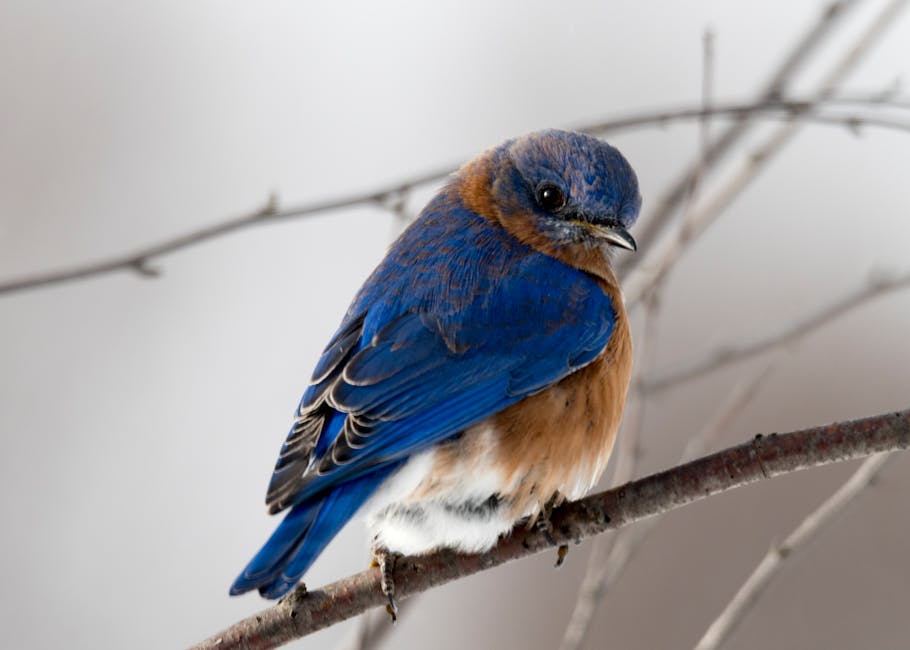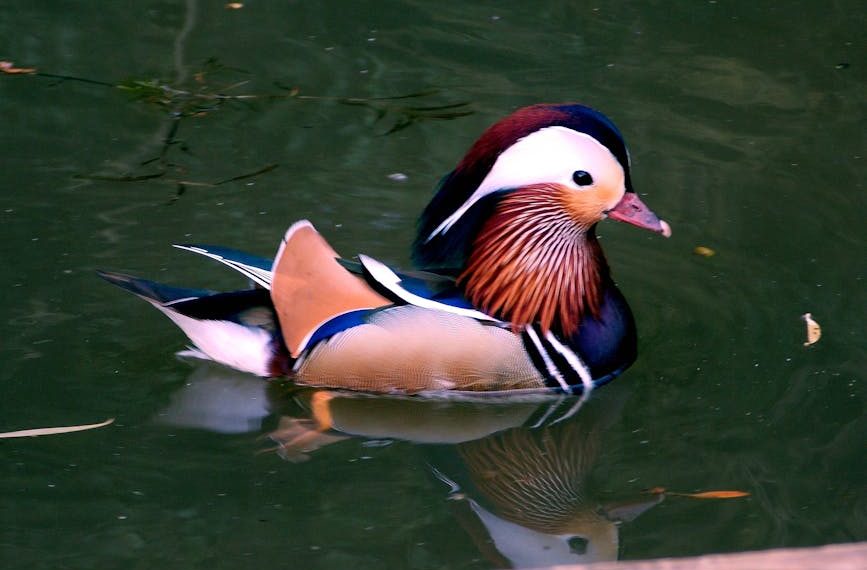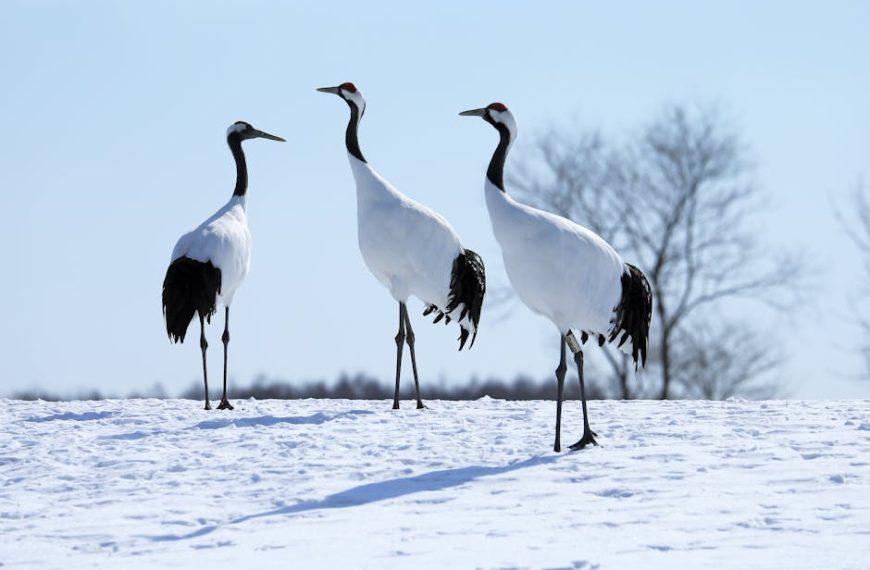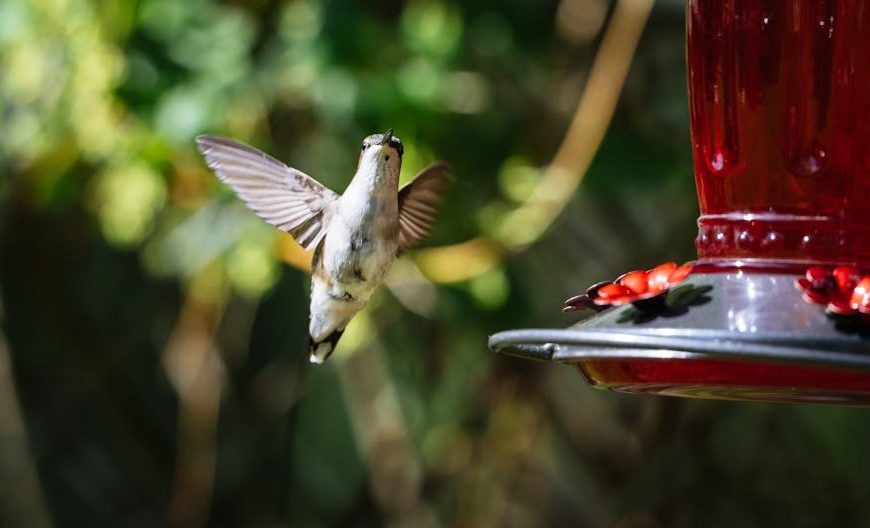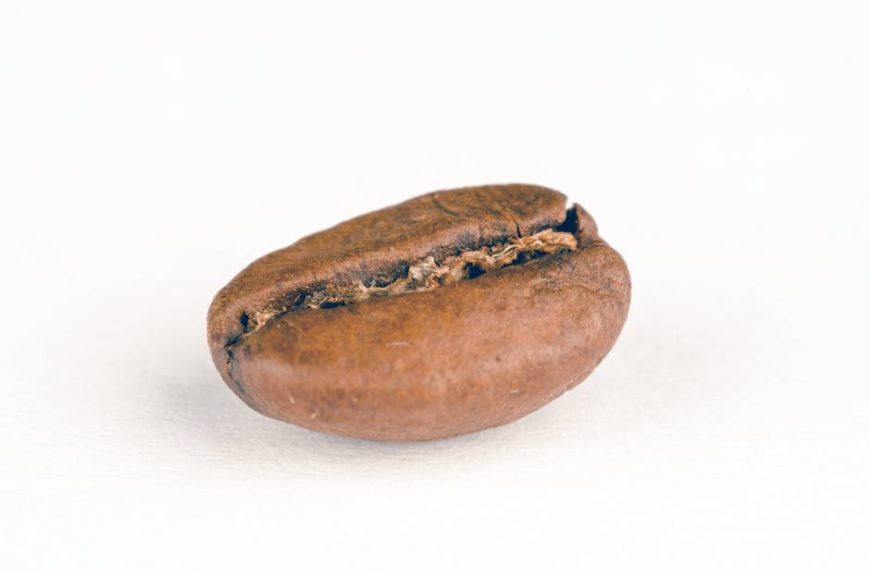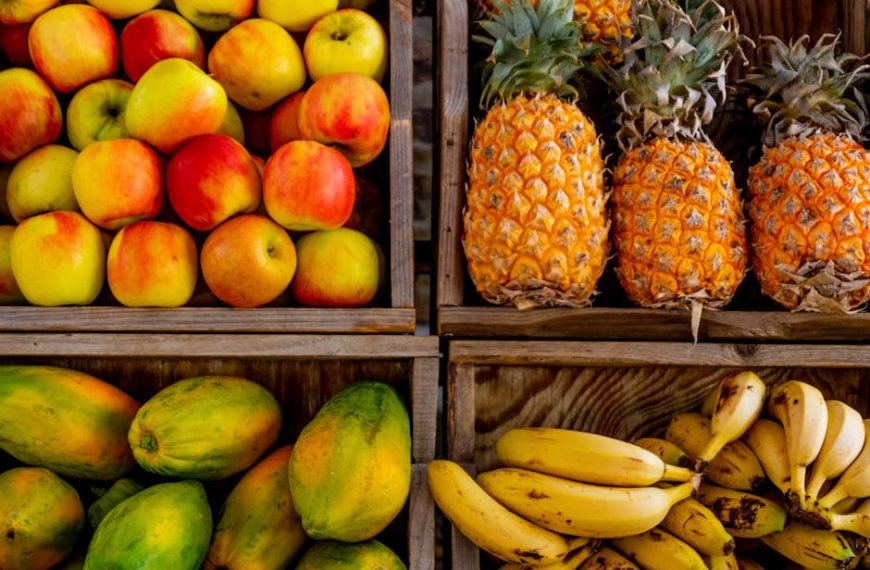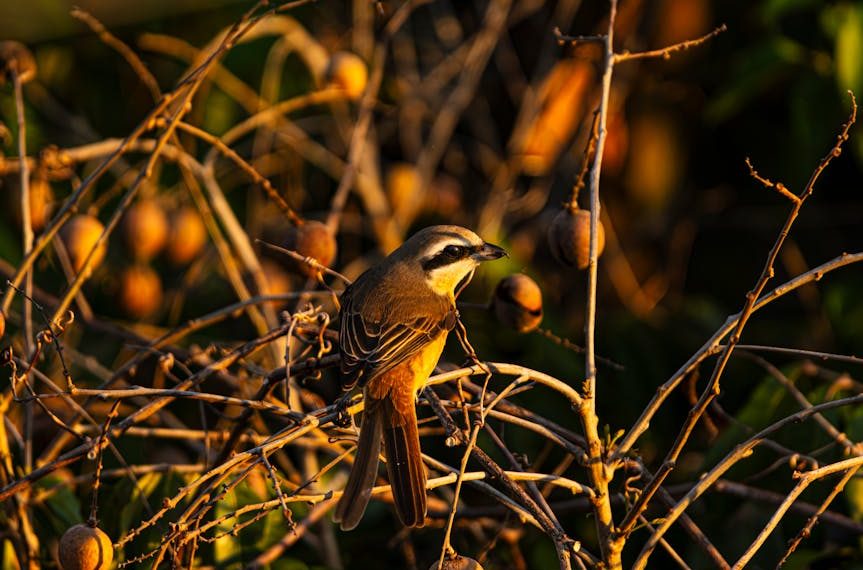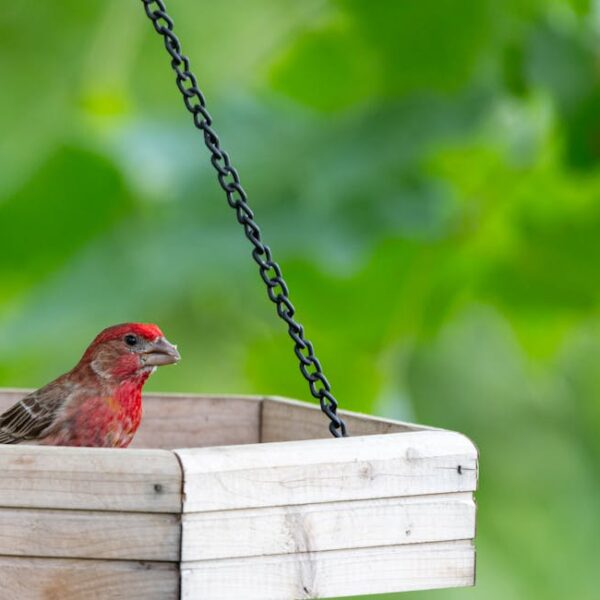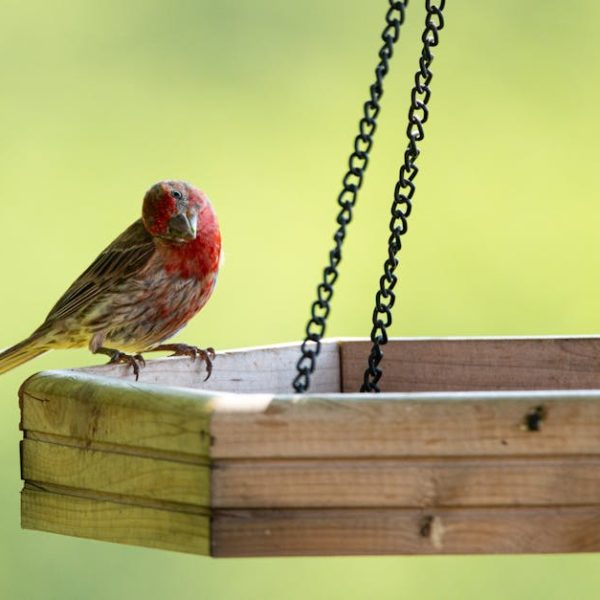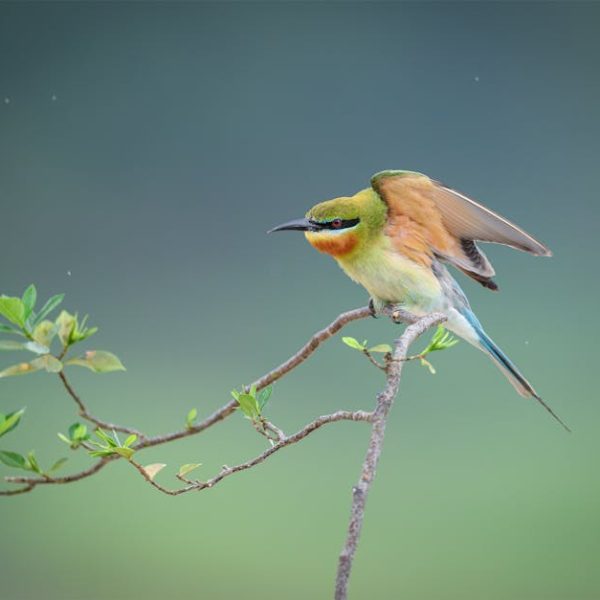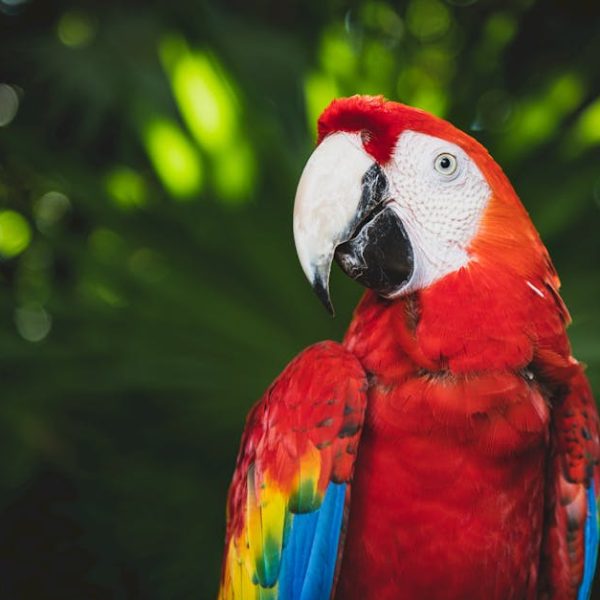Birds, similar to us humans, thrive on a balanced diet. However, their nutritional needs vary significantly from ours. Birds typically feed on a variety of foods like seeds, nuts, fruits, and vegetables. Some birds might even include small insects and grains in their diet.
Key Takeaway: What’s healthful for us might not work for our feathered friends, mainly due to differences in our digestive systems.
However, do birds eat ginger? The answer is more complex than a simple yes or no. Before we delve into that subject, let’s try understanding a bird’s digestive system.
Birds have a unique digestive system that is highly efficient yet sensitive. Unlike humans, birds lack teeth and rely on their beak and a specialized organ known as the ‘crop’ to break down their food. These physiological differences mean that birds can’t process certain foods that humans commonly consume, like chocolate, avocado, or onions, which could be toxic to them. Therefore, it’s crucial to research and consult with a vet before introducing any new food item, like ginger, to your bird’s diet.
Pro Tip: Watch out for signs like changes in your bird’s feces, feather plucking, abnormal behavior, or loss of appetite. These could indicate dietary distress and warrant a visit to the avian vet.
Ginger and Its Constituents
Ginger, a rhizome rich in active compounds like gingerols, offers significant health benefits to humans. It has anti-inflammatory, antioxidant, and digestive properties and is often used as a home remedy for treating nausea or colds.
Here’s a snapshot of ginger’s nutrient profile:
- Gingerols: The main bioactive compound in ginger; provides most of ginger’s medicinal properties.
- Vitamins: Moderate amounts of Vitamin B6 and Vitamin C.
- Minerals: Contains Calcium, Iron, Potassium, and Magnesium.
While undoubtedly beneficial for us, does it hold the same promise for birds?
The nutritional interactions within a bird’s body are especially delicate. While ginger’s anti-inflammatory and antioxidant effects may benefit birds, too much could potentially overwhelm their system. It becomes even more complex when you compare the nutrients in ginger with that found in bird-safe foods like apples, spinach, or millet.
In the table below, you can see how ginger contrasts with bird-friendly foods:
| Food | Vitamin C | Potassium | Calcium | Fiber |
|---|---|---|---|---|
| Ginger | 5 mg | 415 mg | 16 mg | 2 g |
| Apple | 14 mg | 195 mg | 11 mg | 4.4 g |
| Spinach | 30 mg | 558 mg | 99 mg | 2.2 g |
| Millet | 0 mg | 195 mg | 8 mg | 8.5 g |
These statistics show that while ginger might contain valuable nutrients, there are other, safer foods that can provide similar nutritional values without causing any potential harm. The Impact of Ginger on Birds
Now that we have an understanding of ginger’s nutritional profile and how it matches up with more bird-friendly fare, let’s delve into the specifics of how ginger might impact birds.
Can birds eat ginger, then? The answer is yes, but with caution. Its antioxidant and anti-inflammatory properties may be beneficial to birds, and it could even serve as a digestive aid, much like it does for humans. However, in large amounts, ginger can be overwhelming for a bird’s sensitive system.
Signs to look for that might suggest your bird has had an adverse reaction to ginger include changes in their feathers, such as bald patches or excessive preening, reduced appetite or changes in their feces. If noticed, these symptoms should be addressed promptly by a veterinarian.
Best Practice: If you’re keen to introduce ginger to your bird’s diet, start in small amounts and observe their reaction closely for at least a few days before continuing.
How to Incorporate Ginger into a Bird’s Diet Safely
In the interest of safety, it’s best to introduce ginger to your bird diet gradually. Begin with tiny portions, carefully monitoring the bird’s reaction. One easy way to introduce ginger is by grating a small amount over their regular food.
Remember the following dos and don’ts while serving ginger to birds:
- Do start with small amounts.
- Don’t feed ginger more than once a week.
- Do consult a vet if you notice any adverse reactions.
- Don’t replace regular bird food with ginger.
Some safe recipes to start with might include a bird-safe veggie stir-fry with a little grated ginger or a tiny bit of ginger-infused water with their regular birdseed.
Other Spices and Herbs for Birds
Aside from ginger, there are several other common kitchen herbs and spices that can be safely introduced to your bird’s diet. Some of these include basil, oregano, thyme, and mint. Like ginger, these herbs also have medicinal properties that may benefit birds.
In the table below, we compare the nutritional profiles between ginger, basil, oregano, and mint.
| Spice/Herb | Vitamin C | Potassium | Calcium | Fiber |
|---|---|---|---|---|
| Ginger | 5 mg | 415 mg | 16 mg | 2 g |
| Basil | 18 mg | 295 mg | 177 mg | 1.6 g |
| Oregano | 2 mg | 1260 mg | 1597 mg | 42.5 g |
| Mint | 32 mg | 569 mg | 243 mg | 8 g |
When introducing any new herb or spice to your bird’s diet, remember the golden rule: moderation is key. Always start with small amounts and continuously monitor their behavior, appetite, and physical condition for any unusual changes.
Pro Tip: As with ginger, balance is key for a healthy bird diet. An exclusive or over-reliance on any one food item, be it a spice, herb, or otherwise, can lead to nutritional imbalances.
Maintaining a diverse, balanced diet is the best way to ensure the overall health and wellbeing of your pet birds. Experiment with various spices and herbs, but always prioritize bird-safe foods like fruits, vegetables, seeds, and grains.
Key Takeaway:
- Birds can eat ginger, but its inclusion in their diet should be carefully monitored due to their sensitive digestive systems.
- Ginger contains beneficial nutrients like gingerols, vitamins, and minerals, but other bird-safe foods can provide similar values without potential risks.
- Other common kitchen herbs like basil, oregano, thyme, and mint may also be introduced to a bird’s diet, following the principle of moderation.
- Maintaining a balanced diet is crucial for a bird’s overall health and wellbeing.
In conclusion, introducing ginger or other herbs and spices to your bird’s diet can be beneficial, given proper caution and moderation. As guardians of these delicate creatures, it’s our duty to educate ourselves and make informed decisions regarding their diet. Remember – variety and balance are crucial. Keep observing and learning, your bird’s health will surely thank you!
FAQs
Q: Can birds eat other spices other than ginger?
A: Yes, birds may also consume spices like oregano, thyme, and mint, which also offer certain health benefits. Always remember to introduce these in moderation.
Q: What are some signs that my bird is not reacting well to ginger?
A: Affected feathers, decreased appetite, and changes in their feces can suggest that your bird might be experiencing discomfort from ginger. Consult your vet as soon as possible should you notice any of these signs.
Q: How often should I feed my bird ginger?
A: Do not feed your bird ginger more than once a week. Also, ginger should not replace their regular food, but rather be an occasional supplement.
Q: What is the right portion of ginger for my bird?
A: Always start with tiny portions. One easy way to introduce ginger is by grating a small amount over their regular food.
Q: Can ginger cause harm to my bird?
A: While ginger’s antioxidants and anti-inflammatory properties can be beneficial, an excess can overwhelm a bird’s sensitive system. If you see any signs of discomfort or distress in your bird after feeding it ginger, consult your vet immediately.
Feel free to explore and share this article among your fellow bird-enthusiast friends. Visit our blog for more insights into bird care and nutrition.
